|
SEO updates you need to know
👾 |
|
Google AI Overviews launched on 14 May in the US. The Semrush Sensor started picking these up on 17 May and they appear to occur on <1% of searches over desktop and mobile. |
🔗 |
|
Google launched a "Web" filter in search that only shows text-based links. You know, like it's 1999 again because everything is working so well. The filter removes all features such as snippets, AI and knowledge graph. |
👕 |
|
An unannounced Google update appears to have happened earlier in the month, with many SERP sensors picking up big shifts, although the results seem to be problematic. |
🗣️ |
|
OpenAI has released GPT-4o, their new flagship model that can reason across audio, vision, and text in real time. There is significant improvement for non-English languages as well as the API being faster and 50% cheaper. |
Search with Candour podcast

Confirmation bias in search
Season 3: Episode 20
Sarah Presch returns to the podcast to discuss the social psychology and biases behind how we search.
- What are cognitive biases?
- What is confirmation bias?
- Google’s role in the spread of misinformation
- Contradicting search results depending on the search term
- Is this also true in other languages?
- What can we do to combat misinformation and confirmation bias?
Watch the episode on YouTube
|
|
|
This week's solicited SEO tips:
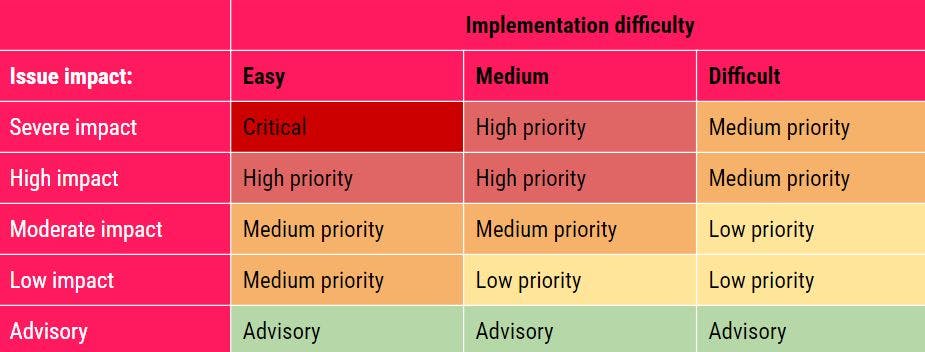
Use a prioritisation matrix for SEO audits
Prioritisation is crucial for effective SEO. You can do this by understanding the 𝐢𝐦𝐩𝐚𝐜𝐭 and 𝐜𝐨𝐬𝐭 of recommendations and using the prioritisation matrix above.
A common mistake I see is recommending moderate impact activities that are tricky/expensive to implement.
For instance, your site might be bogged down by loading in a whole JavaScript library and only using part of it. The process of tree-shaking and whittling it down to only what is used can sometimes be a difficult/time-consuming process. With limited resources, you might be better off considering other opportunities that are cheaper/faster to implement first.
|
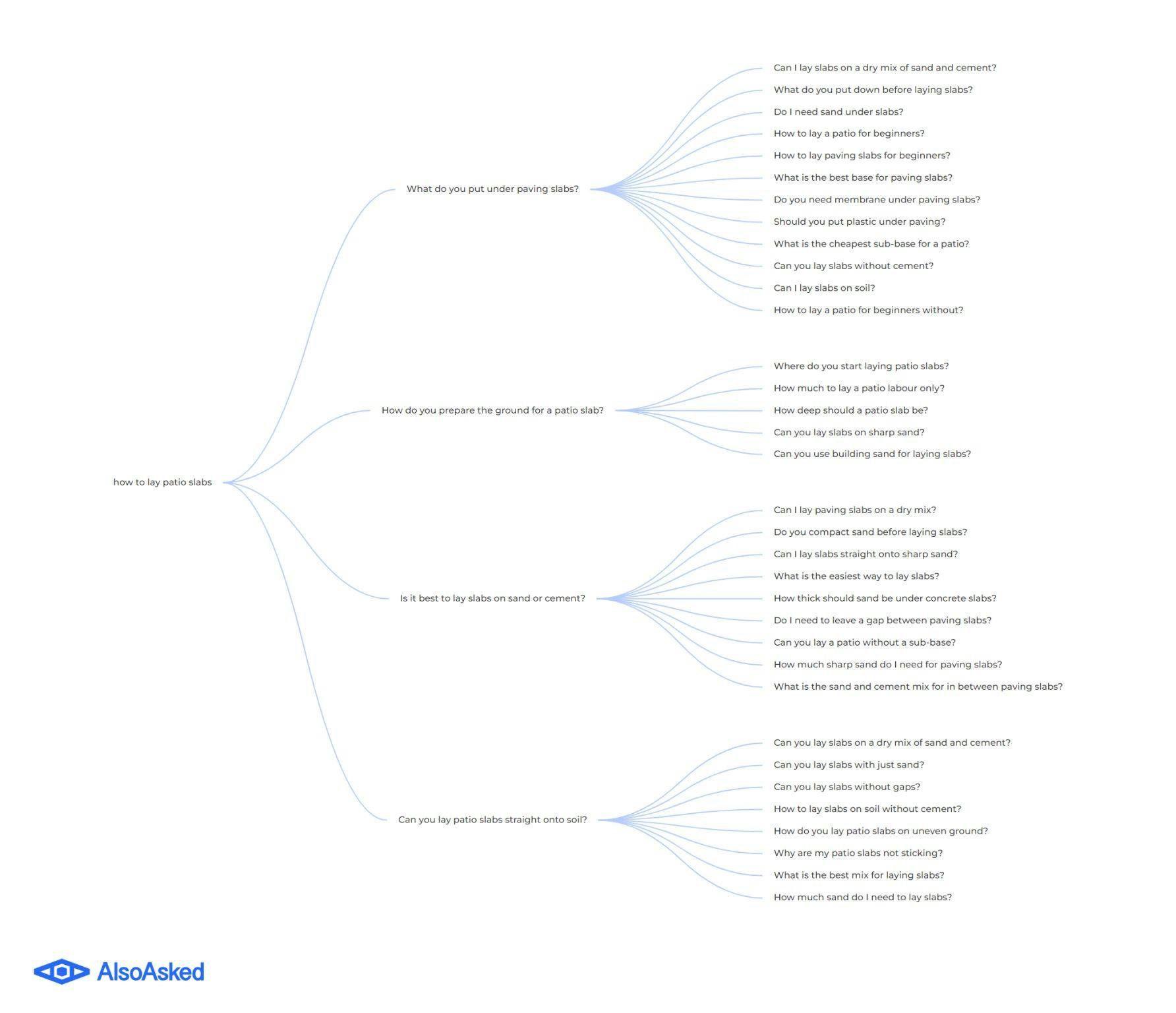
Don't make the user reformulate their query
In 2020, Bing confirmed. "Did the user adjust or reformulate their query?" is something they consider in ranking and at the time, I said I believed Google did the same (which is more or less confirmed with DOJ documents).
Reformulating a query gives a strong signal that the searcher's results do not match the intent. Looking at "people also asked" data gives you hints on the trail of questions users ask, and may use to reformulate their query. Catching these in your initial content can help prevent users from bouncing back to search to modify their search and instead, staying on your content, likely improving rankings in the long term.
Another great use for AlsoAsked 😎
|

Don't opt out of AI Overviews just yet
As some brilliant SEOs like Aleyda Solís have pointed out, we can use “nosnippet” to prevent content from being used as a direct input for the 'new' AI Overviews. However, my advice would be to hold fire on this. ✋
While these changes may benefit Google and reduce traffic to some websites, excluding yourself further is not going to change the reality of their existence.
Much like the backlash to Features Snippets, if you don't want to appear there - a competitor will. For now, my tip would be to keep doing what you're doing and see how the dust settles! 👐
|
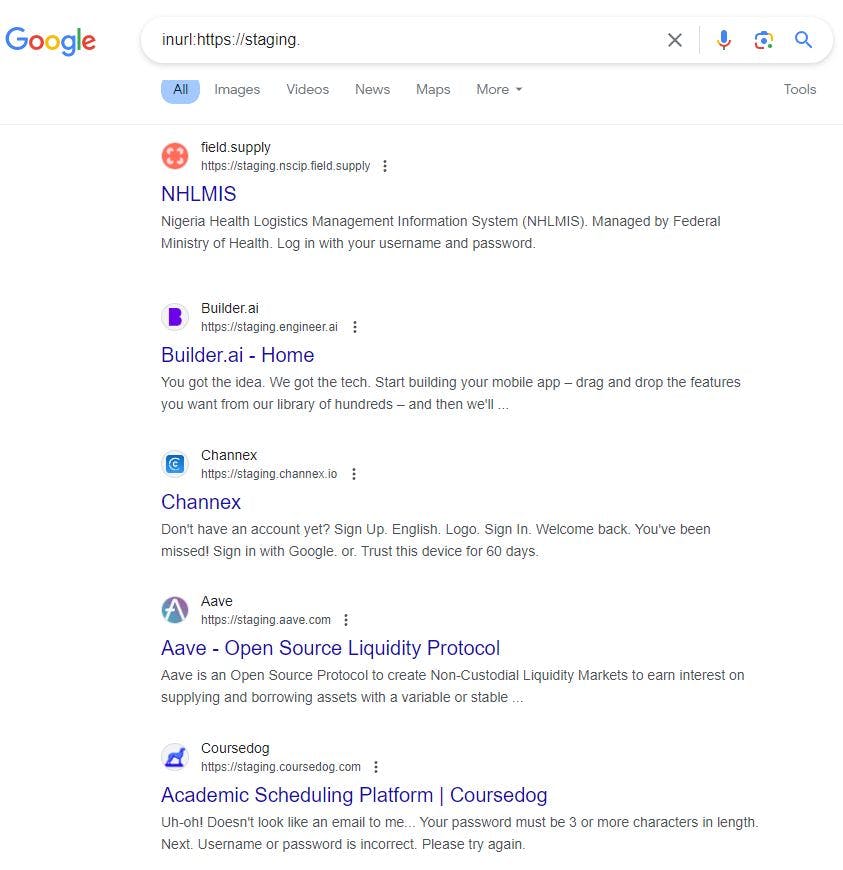
Don't forget the noindex basics!
Friendly reminder to make sure you noindex or password protect your development/staging environments! 🙂
|
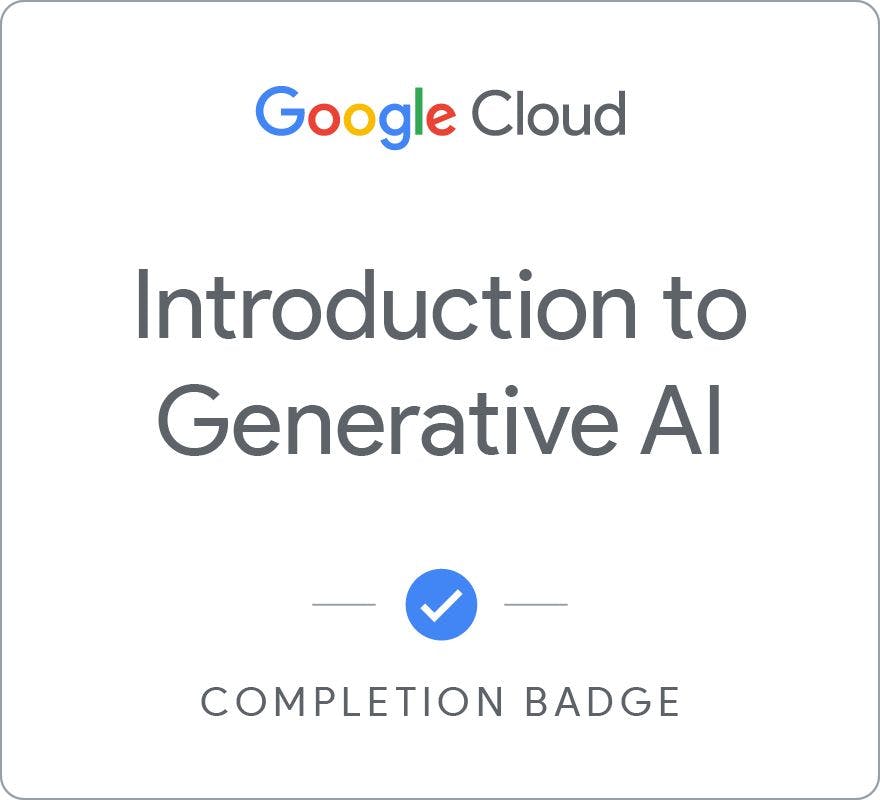
Free GenAI course from Google
AI Overviews are one of the biggest changes we've seen recently and most people have no idea actually how they work. Don't be one of those people! ⬇
My SEO tip for the day is to take a couple of hours to complete this free course by Google on Generative AI. You even get a little cert and you'll soon see why most of the ChatGPT SEO advice is 💩💩
|
Refer subscribers and earn rewards!
Top Core Updates referrer leaderboard
A big thank you to our top referrers, who have signed up over 10 people to the Core Updates newsletter, go follow them!
🥇 MJ Cachón Yáñez (LinkedIn / X)
🥈 Lidia Infante (LinkedIn / X)
|
Our sponsor: AlsoAsked
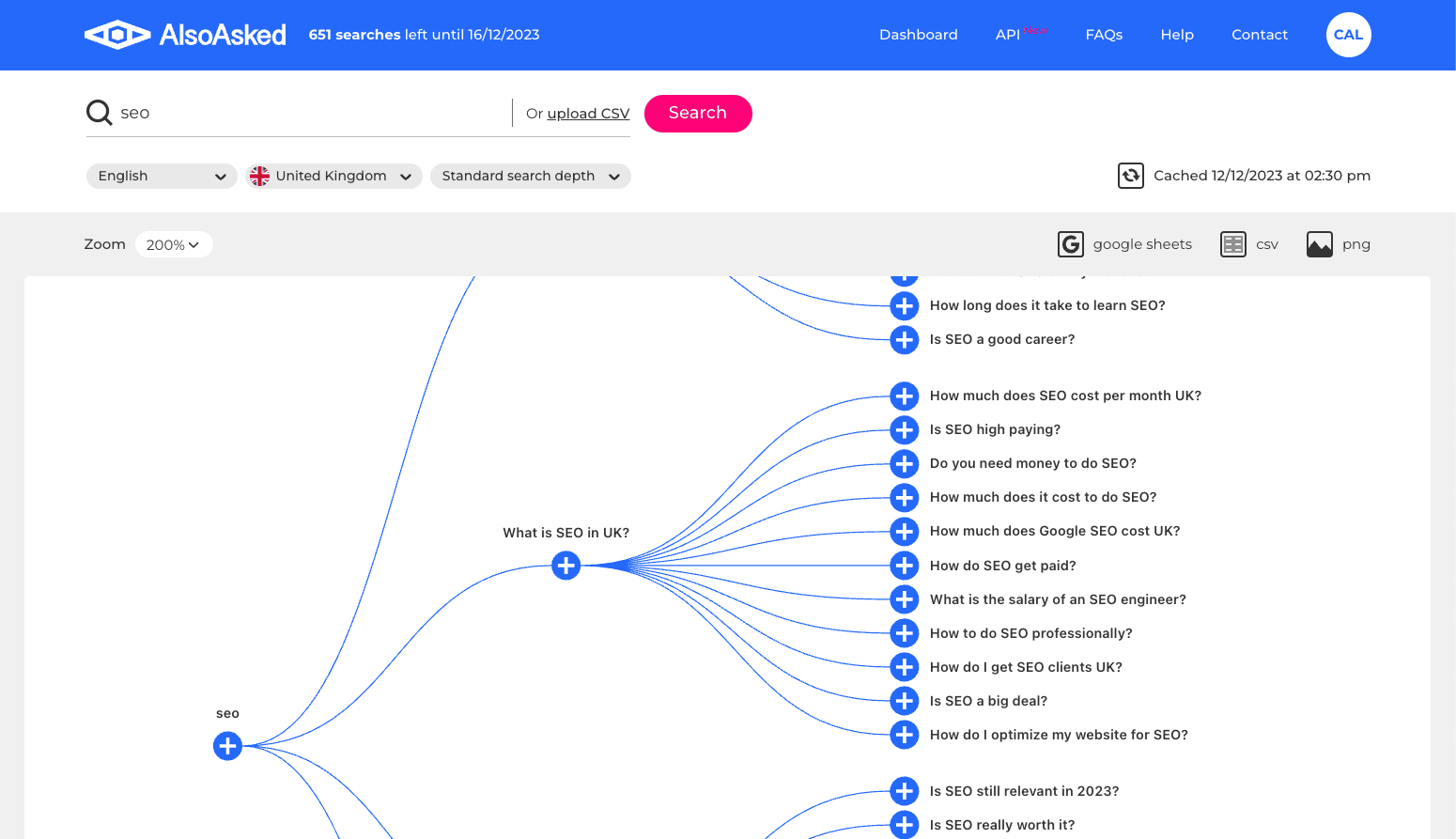
Understanding users beyond 'keywords' with live data and intent clustering by Google
AlsoAsked allows you to quickly mine live "People Also Ask" data, the freshest source of consumer intent data, for understanding what users are searching about beyond 'keywords' and what you should be writing about.
Get 90 searches per month with no account creation, for free.
|
Got any feedback?
Hey did you read this far? Fuuu.. Thanks! If you have any feedback, I'd always love to hear it - just hit reply and I'll be sure to read it.
~Mark Williams-Cook
|
|
|
|